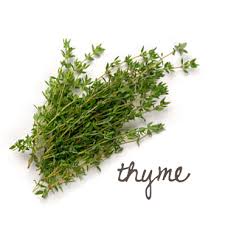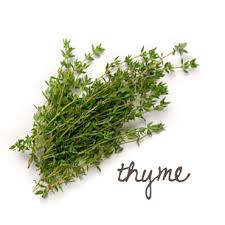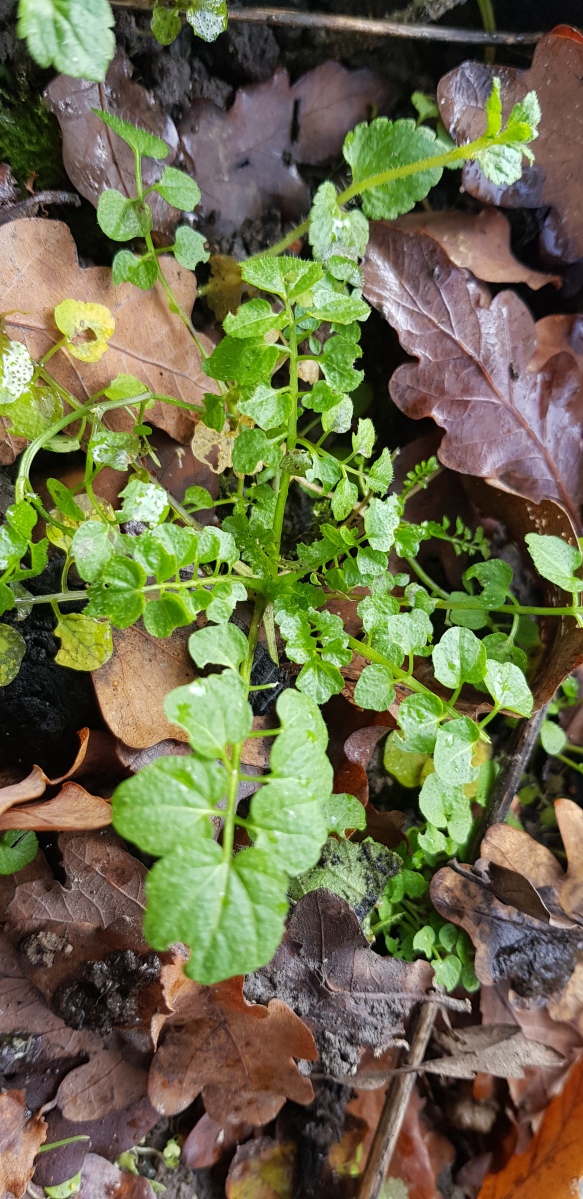
Kris Vaughan, CHThyme (Thymus vulgaris), like many of our other aromatic kitchen spices, was used as a meat preservative in ancient times. This led to its use as a flavoring spice as well. It was also traditionally used medicinally as a cough remedy, digestive aid, and treatment for intestinal worms. Thyme was a symbol of courage in the middle ages; Noblewomen would sew sprigs of thyme on scarves and give them to their favorite knights as they left on crusades. AntisepticThyme was a powerful antiseptic for wounds on the battlefield. In the 17th century Thyme oil was commonly used as a topical antiseptic. The oil contained two chemicals – thymol and carvacol- that account for its medicinal value. These chemicals fight several disease-causing bacteria and fungi.If you are out in your garden and you cut yourself, crush some leaves of Thyme and pack it on the wound as you head inside to clean and bandage it. You can also infuse some olive oil with Thyme to use as a topical antiseptic, just be sure to use the oil TOPICALLY only.Digestive AidThyme acts as a smooth muscle relaxant in the digestive tract and are the chemicals that make Thyme a digestive aid. You can use dried or fresh leaves and make a Thyme tea or you can use a tincture of Thyme.CoughI use Thyme mostly for cough and upper respiratory infections. Thyme loosens phlegm (expectorant) and relaxes the esophagus making it a great ingredient in cough formulas. It is also used in formulas to treat whooping cough and emphysema.Menstrual CrampsThe smooth muscle relaxant properties of time are not limited to the digestive tract. Many women experience relief from menstrual cramping when using thyme.While considered to be generally regarded as safe by the FDA, children under age 2 and women who are pregnant should not use thyme as medicine. Thyme as a seasoning in food is fine though and delicious too.
Top 5 This Week
Related Posts
Thyme for Healing — Herbal Wisdom Institute


